One of Volkswagen’s European brands – Skoda recently conducted a study in the UK to see how much extra miles are parents put on their odometer driving their children here or there.
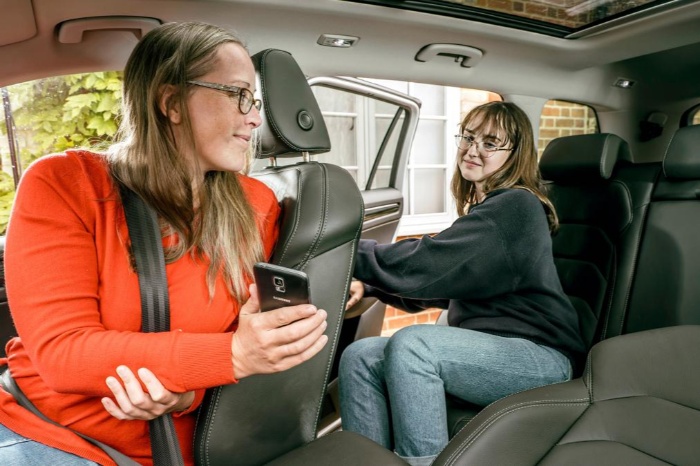
The results are interesting – averaging at 1,648 miles per year for the UK and up to 2,142 miles per year in Northern Ireland. Two-thirds of the participants shared they feel like a taxi driver for their children, only they’re not getting paid.
So, Skoda decided to change that by launching the Parent Taxi App in the UK. It’s an app for your smartphone that will use GPS to track how much miles you put down to ferry your kids to birthdays, sports, or anywhere else they want to go.
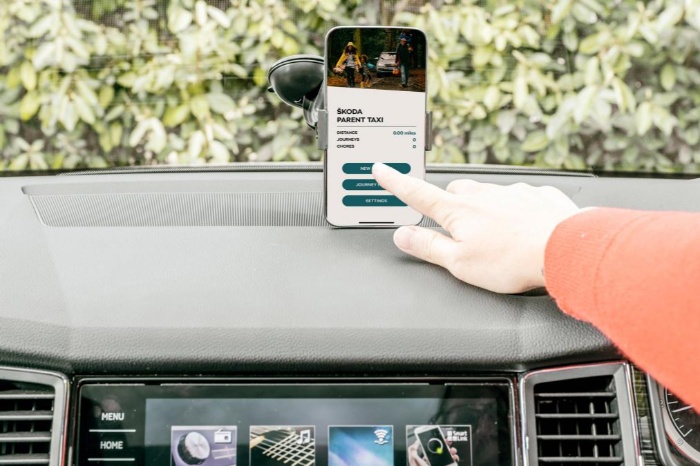
When the journey is over, the total distance is added and a receipt is generated, calculating how much your kids owe you in chores. Yes, asking for cash from your younglings is pointless, since you’re the one paying, but chores is another thing.
The Skoda Parent Taxi App will print out payments like washing the car, cleaning the house, taking out the garbage and so on. This way parents will feel some recognition for driving their kids around and accumulate leverage to make them help around the house.
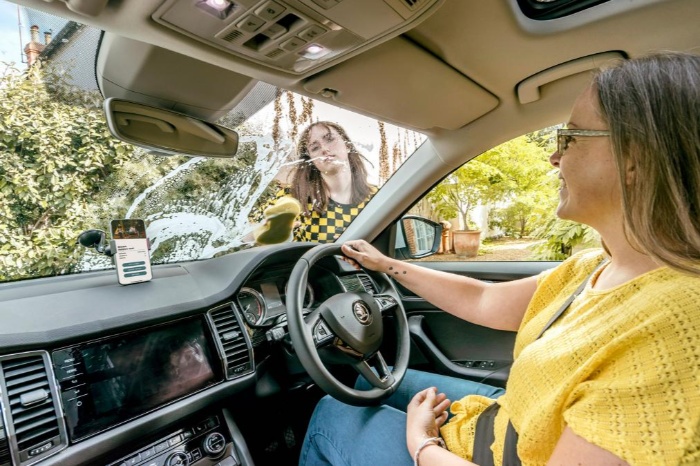
Great idea for mom and dad – not so much if you ask young Erica who just wants to watch the movies with her friends.
Jo Middleton and her daughter Belle tested the app for Skoda. Here’s what Jo said:
“This is the app I’ve been waiting for! It’s true that kids generally have a better social life than adults and as result that can mean a lot of car journeys each week. Although I love encouraging them to get out and do more, I think it’s a great idea to swap miles for some help around the house in return.”
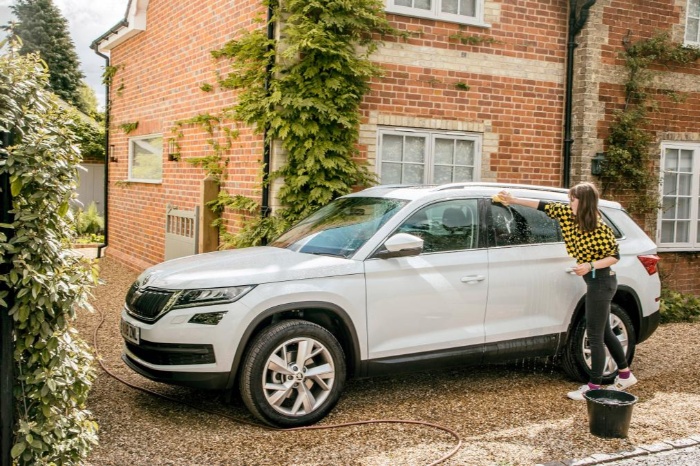
Of course, this only works until they become 16, get their own driver’s license and inherit dad’s old beater. Then you’ll probably need to start trading gas money for chores, but at least you won’t have to drive.
Don’t know who Skoda is? They are a subsidiary of Volkswagen Group originating from The Czech Republic.
Nowadays, Skodas are practically Volkswagens – only cheaper and usually under-engineered. They are built on the same platform, running the same engines and sharing most of the mechanical components with a Golf, a Passat or a Tiguan.
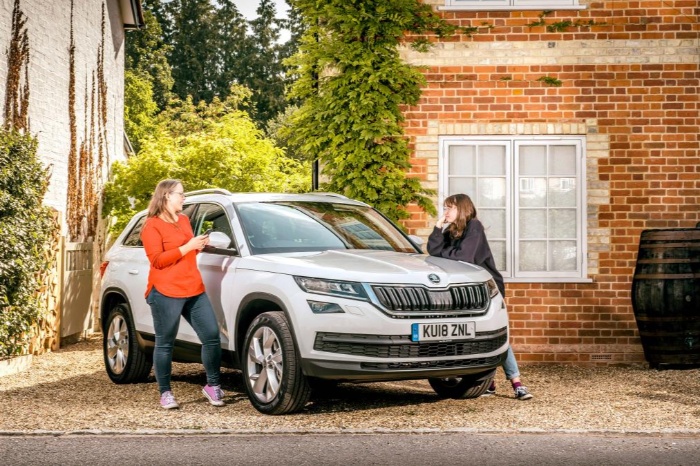
You won’t see them in the US, because there is hardly any interest in Volkswagen here, what’s to say about a weaker version. However, they are relatively popular in Europe and the UK and especially with families who are looking for a practical, dependable and economical vehicle.